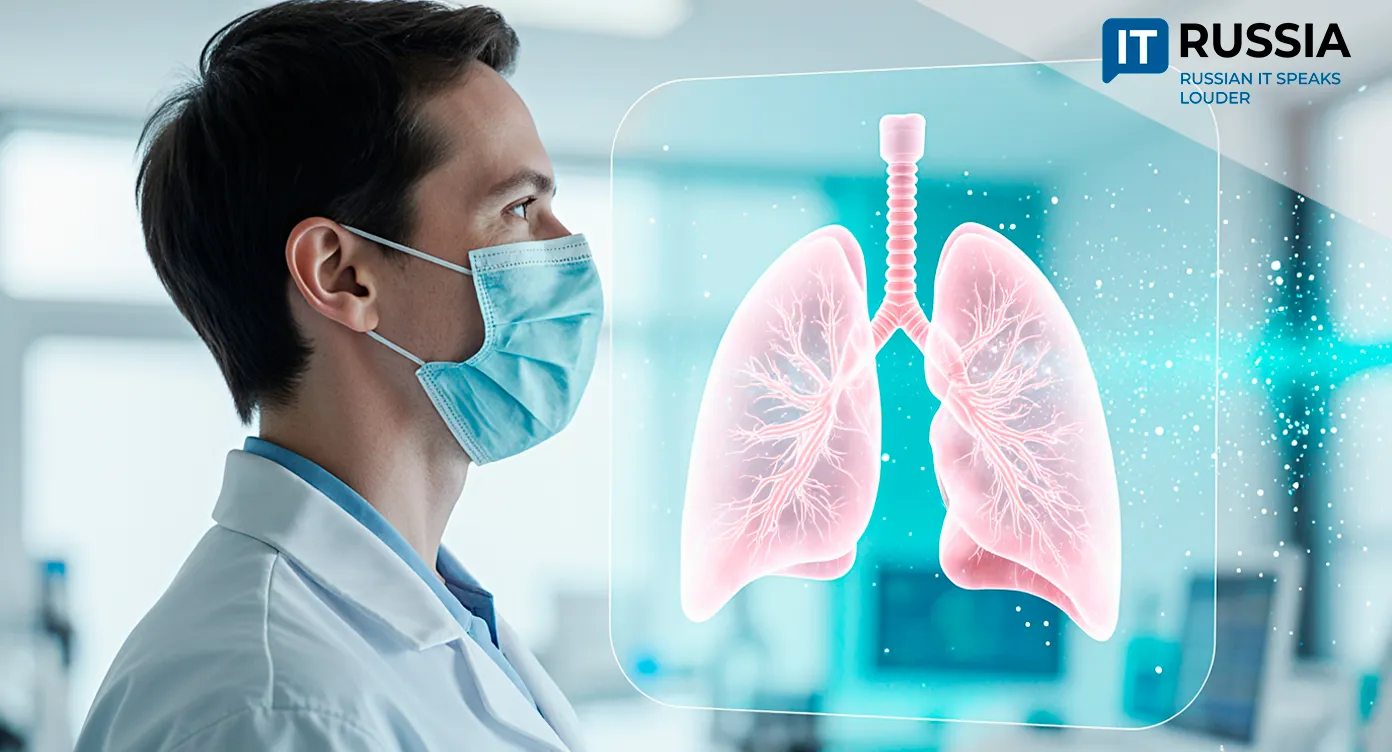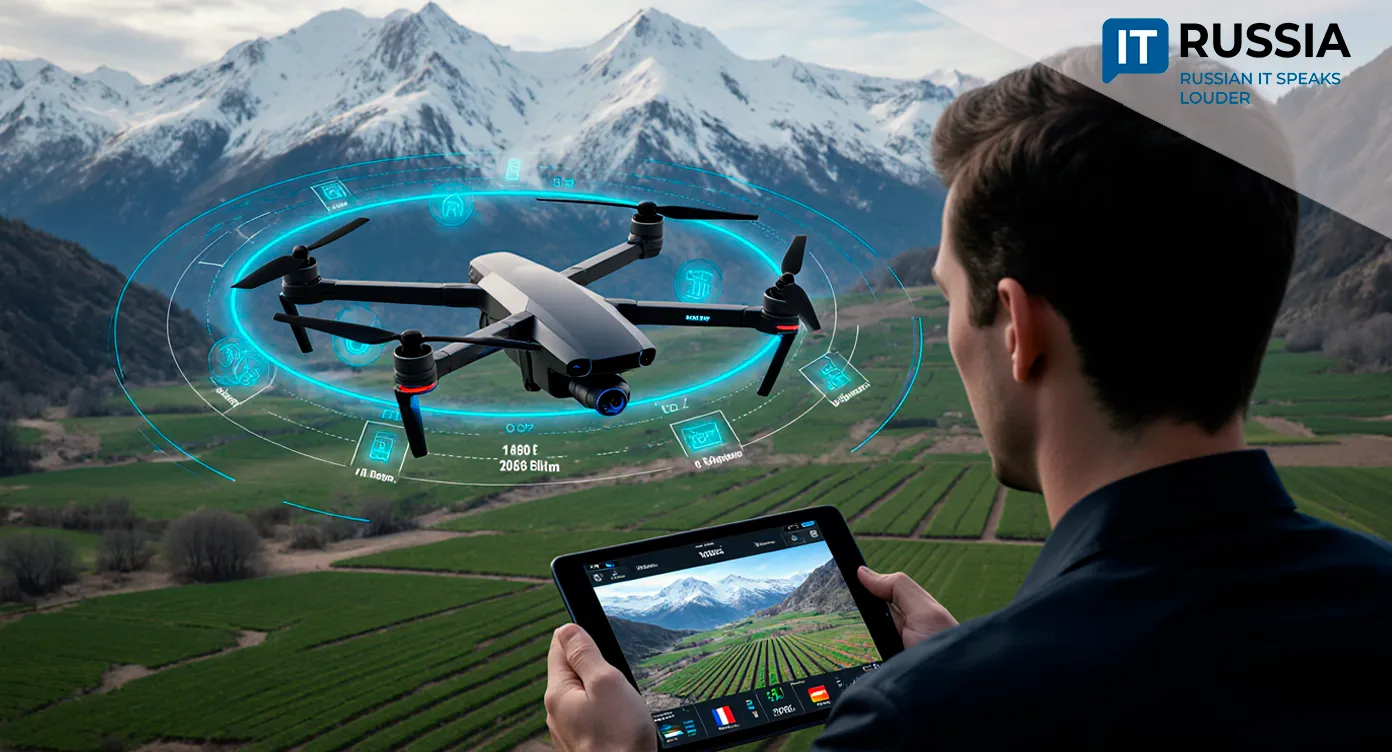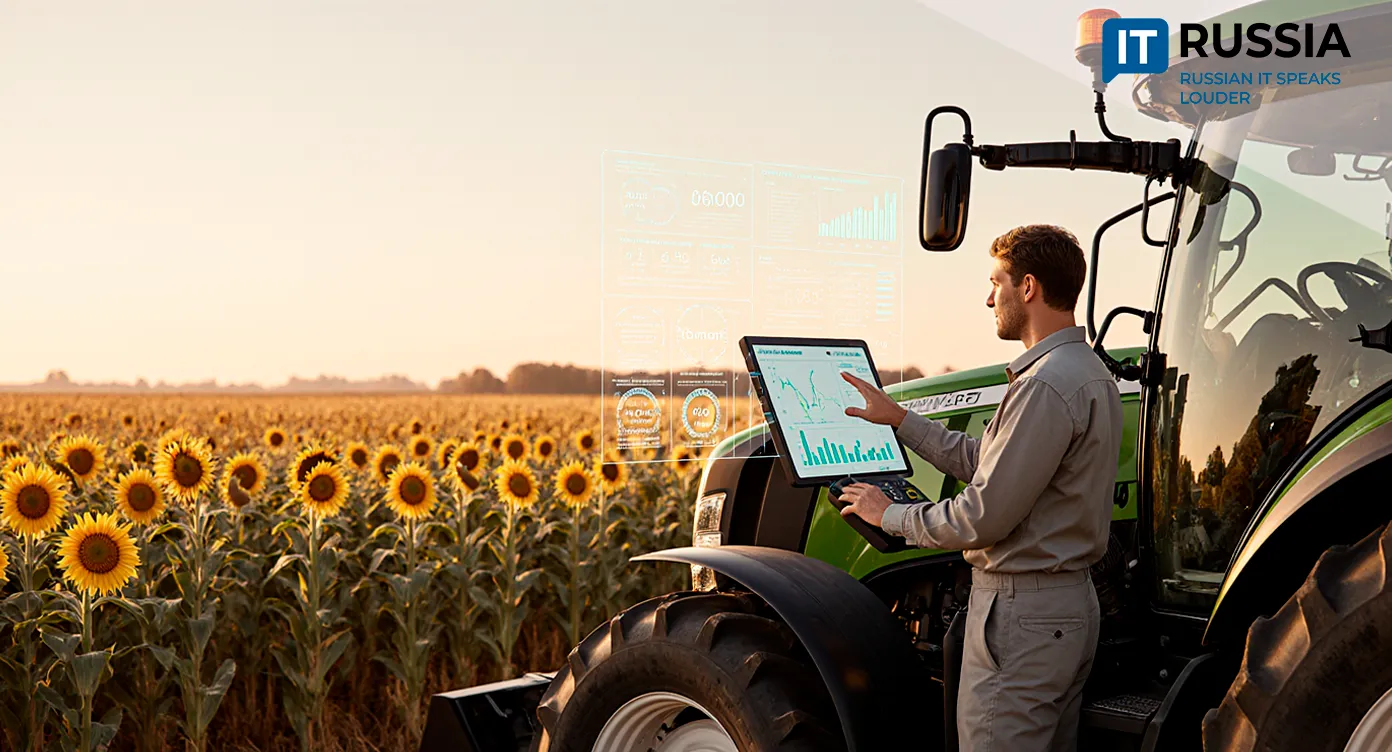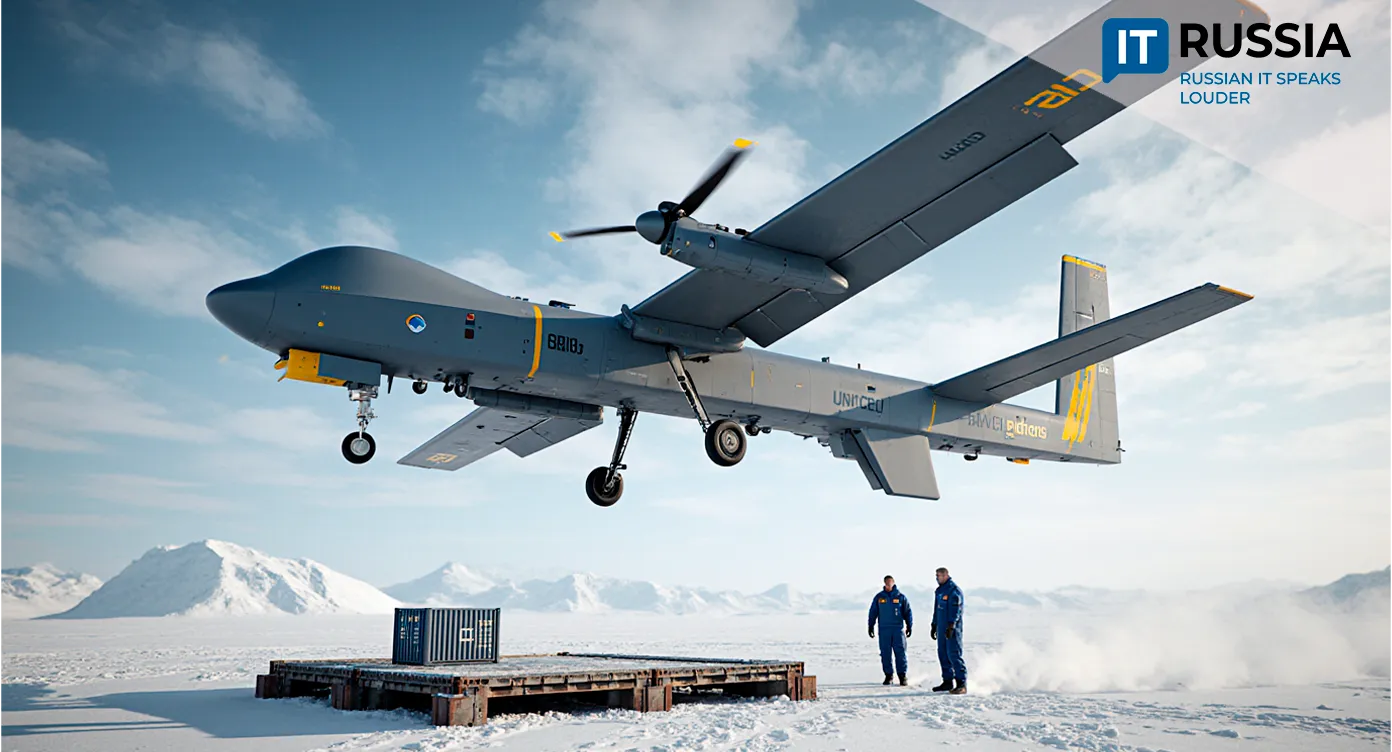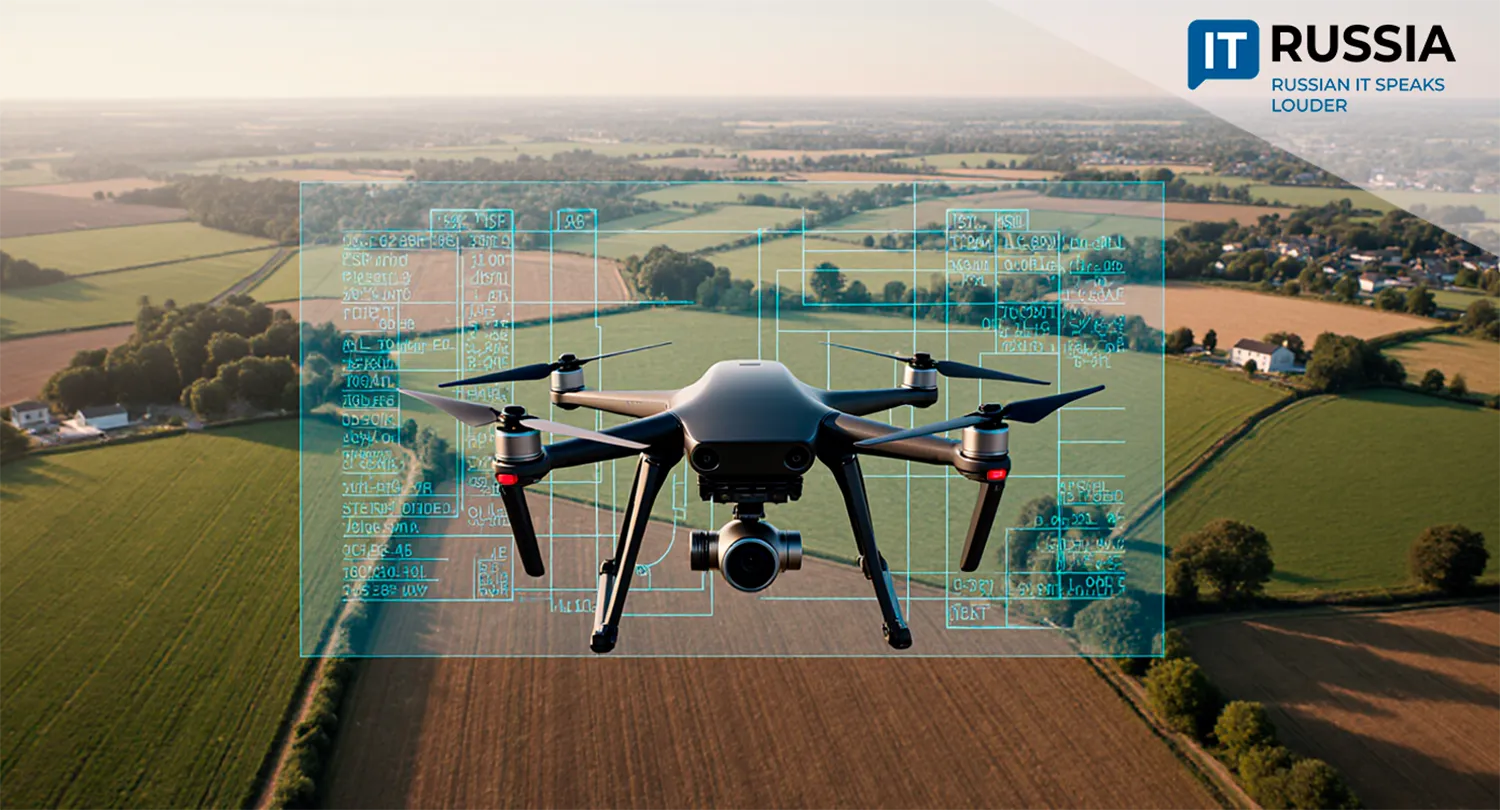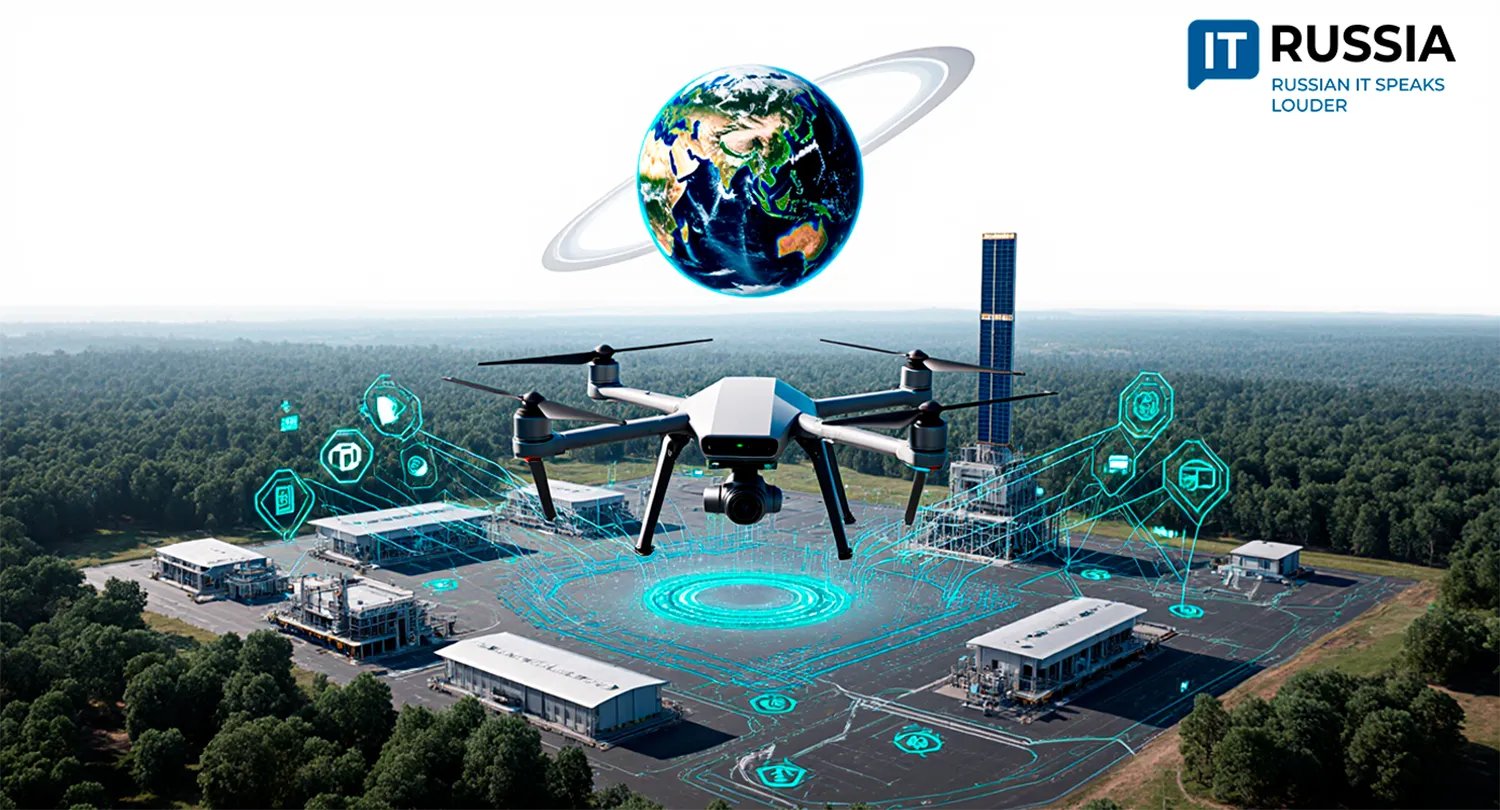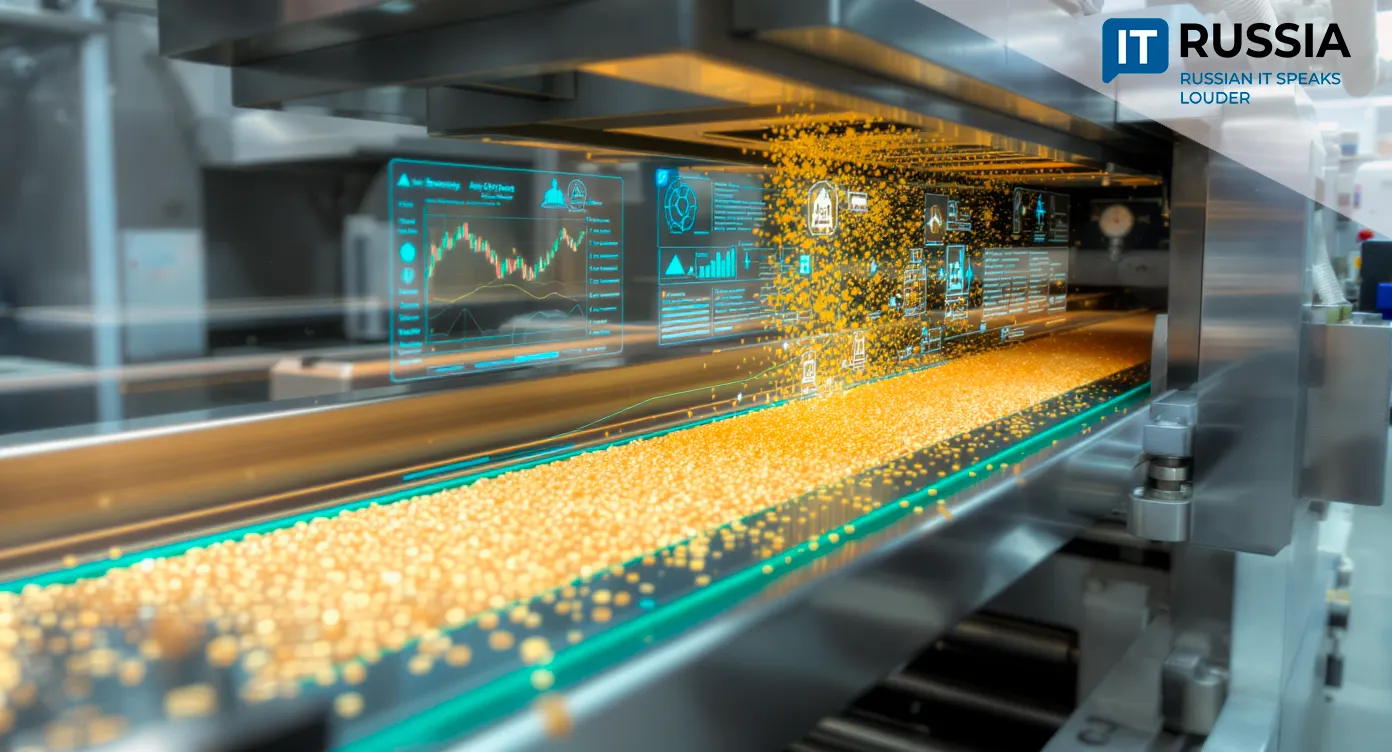AI for Crop Protection: Scientists Develop System to Combat Weeds
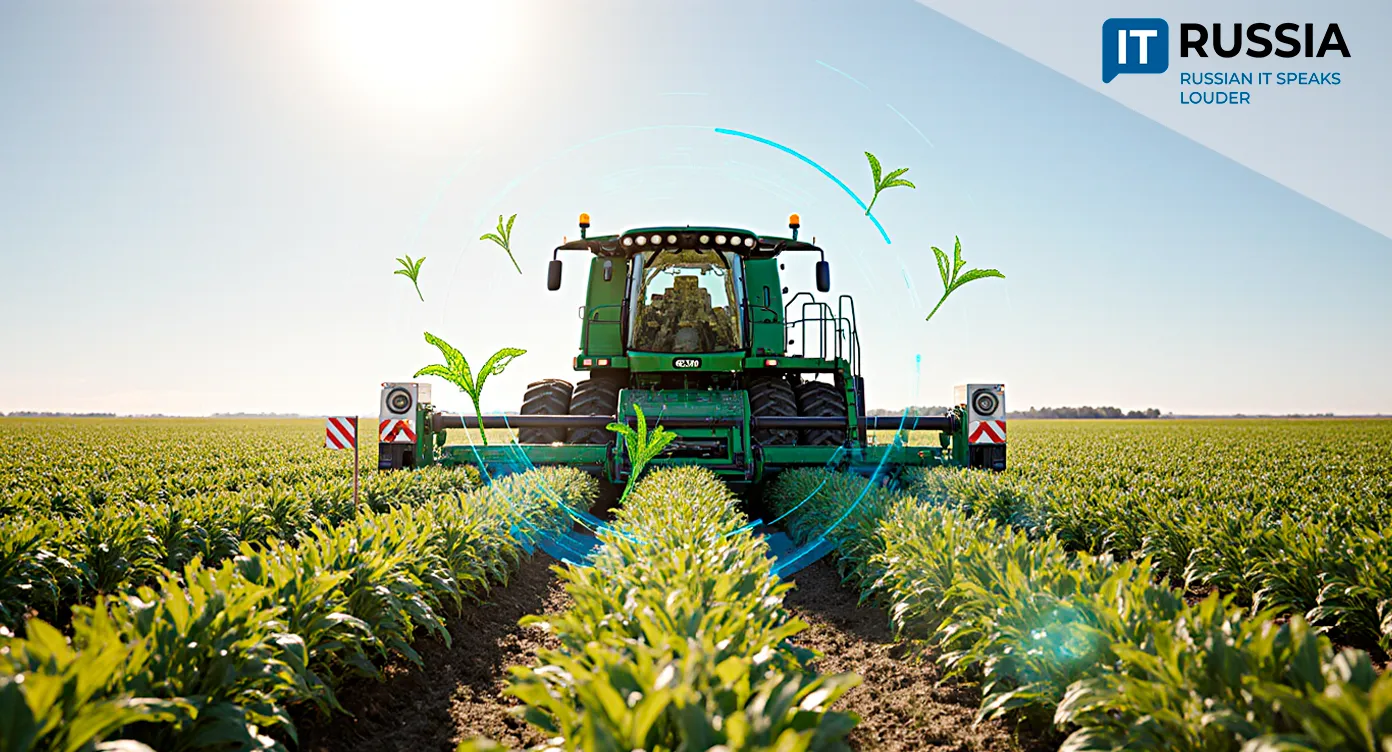
Students and faculty from Don State Technical University (DSTU) are developing an intelligent weed detection system. Using this new technology for field weed control will require 40% less herbicide.
Real-Time Operation
At DSTU’s Department of Cybersecurity of Information Systems, work is underway to create an intelligent system for detecting and eliminating weeds. The innovative method employs computer vision technologies to quickly identify harmful vegetation.
The project, called AgroVision, can automatically identify weeds in the field in real time and apply herbicides directly to them, significantly reducing costs for farmers. Herbicide savings could reach 30–40%.
Implementation in Russia’s agro-industrial complex will not only reduce weed control expenses but also increase yields by sharply decreasing competition between weeds and cultivated plants, while reducing environmental impact on soil and water.
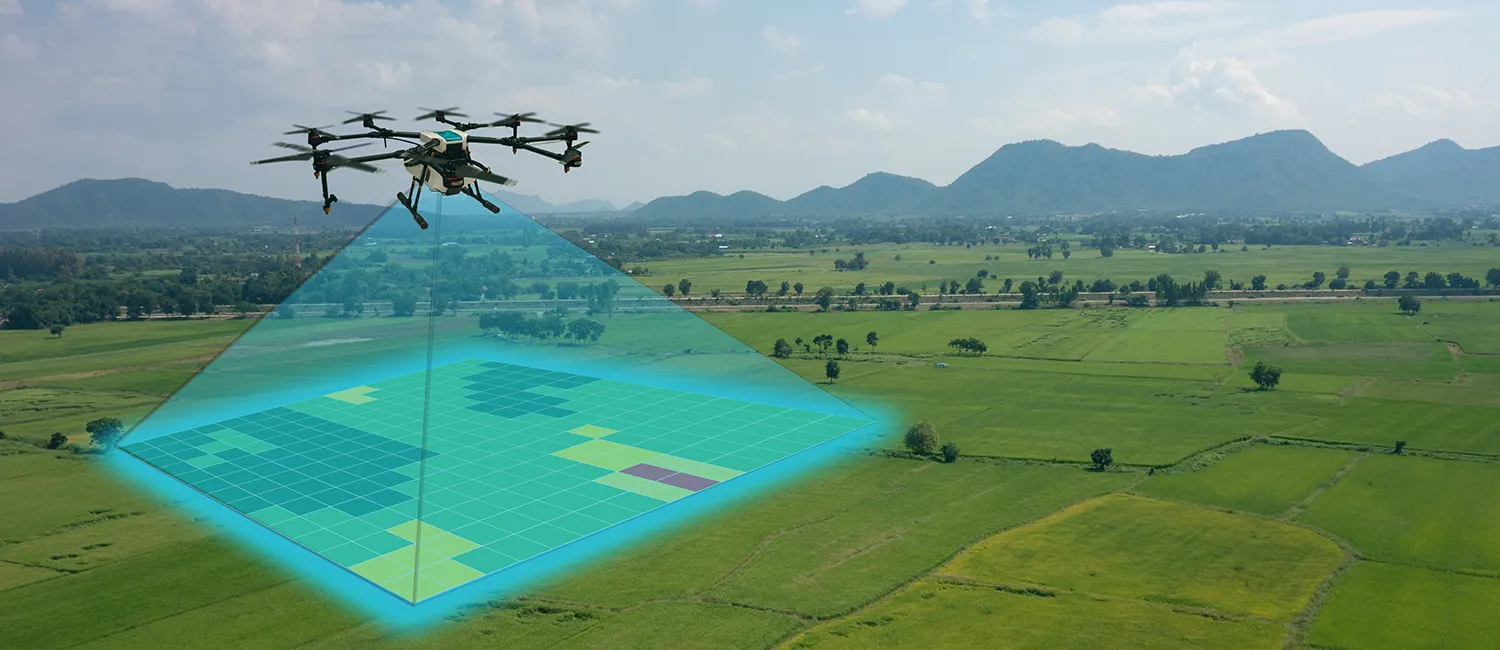
From Student Project to Pilot Deployment
This project began as a student initiative during DSTU’s ‘Smart Technologies in Agriculture’ accelerator program, supported by the federal ‘University Platform for Technological Entrepreneurship’ initiative.
Young specialists Mikhail Berdnikov, Marina Zhdanova, and Tatyana Isakova formed a team under the scientific guidance of Senior Lecturer Nikolay Gapon. Berdnikov noted that the idea emerged during the ‘IT in the Agricultural Sector’ program, where the team took first place.
The project later gained traction after participating in the ‘Engineers in Action’ forum, where it caught the attention of experts. The one-year implementation plan includes data collection, prototype development, and preparation for commercial deployment.
Advanced Neural Network Technologies
AgroVision is built on YOLOv11 neural network technology, enabling near-instant identification of weed location and type. This capability minimizes chemical use and reduces stress on farmland. The neural network processes video signals rapidly and with high accuracy, making it suitable for integration into modern agricultural machinery. Advanced image processing gives the project a competitive edge over sensor-based systems.
The system is tailored for southern Russia’s agricultural conditions, delivering high accuracy. According to the developers, it is successfully passing tests, demonstrating the ability to distinguish between crops and weeds in real time. Future plans include refining and optimizing the product for greater competitiveness and introducing it to farms in the Rostov region, followed by wider deployment across Russia.
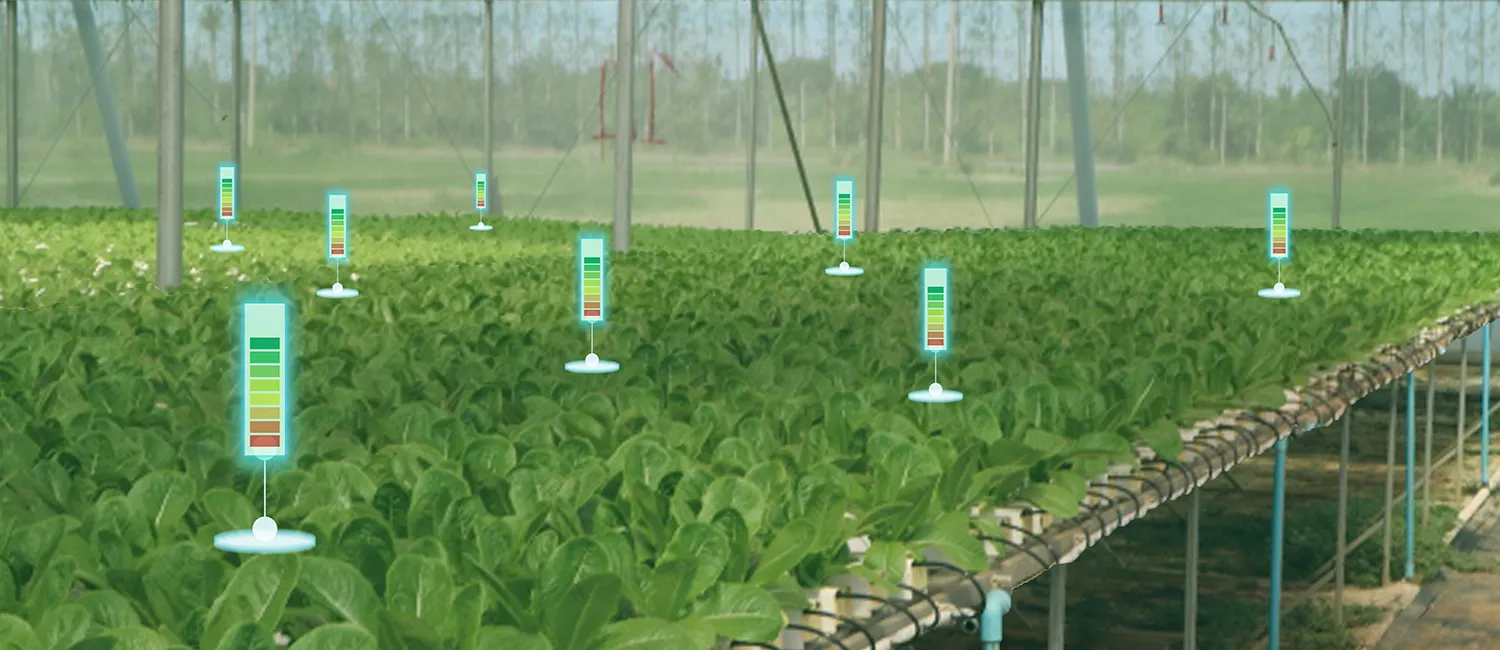
Rapid Growth of Agricultural Tech
This is the first system of its kind in Russia. AgroVision works with real-time field data, improving accuracy. Most current domestic solutions rely on optical sensors and drones, which are also advancing quickly.
For example, Maxim Labeev, a graduate of Ufa State Petroleum Technological University, developed an unmanned system for targeted application of fertilizers, pesticides, and biological agents. His drone features a spraying module, monitoring software, autonomous UAV control, and a neural network for identifying infected areas.
The National Technology Initiative platform has developed a Smart Agriculture system that uses satellite imagery and soil and weather data to guide precise fertilizer application. In Novosibirsk, the company ‘Precision Farming Systems’ created a hardware-software complex for UAV-based fertilizer application and aerial field imaging, boosting yields by 6–30% compared to traditional methods.
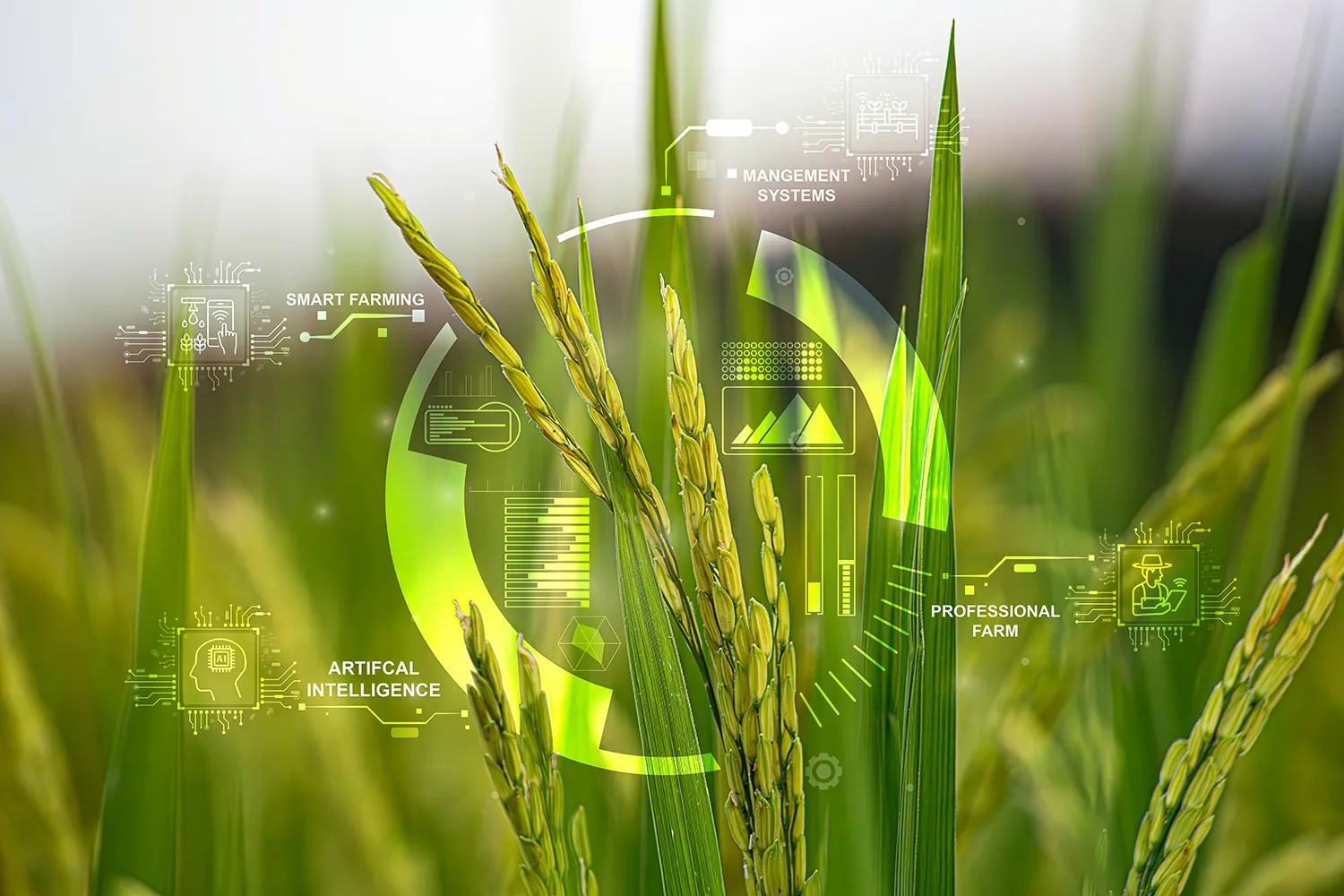
Deploying AgroVision in the Rostov region will accelerate agricultural digitalization and stimulate related technologies for precision fertilization and plant health monitoring.
Export Opportunities for High-Intensity Farming Countries
After its rollout in Russia, AgroVision will be in demand in countries with intensive crop production where yield increases are urgently needed. It can be offered as a SaaS product or through licensing agreements.
The system can also be integrated into global ERP systems as part of large-scale precision agriculture export projects.
Importantly, AgroVision could become a foundation for self-learning agricultural ecosystems where every decision is data-driven. Such technologies are especially valuable in risk-prone farming zones, making the project relevant in the CIS, Central Asia, and Africa.








